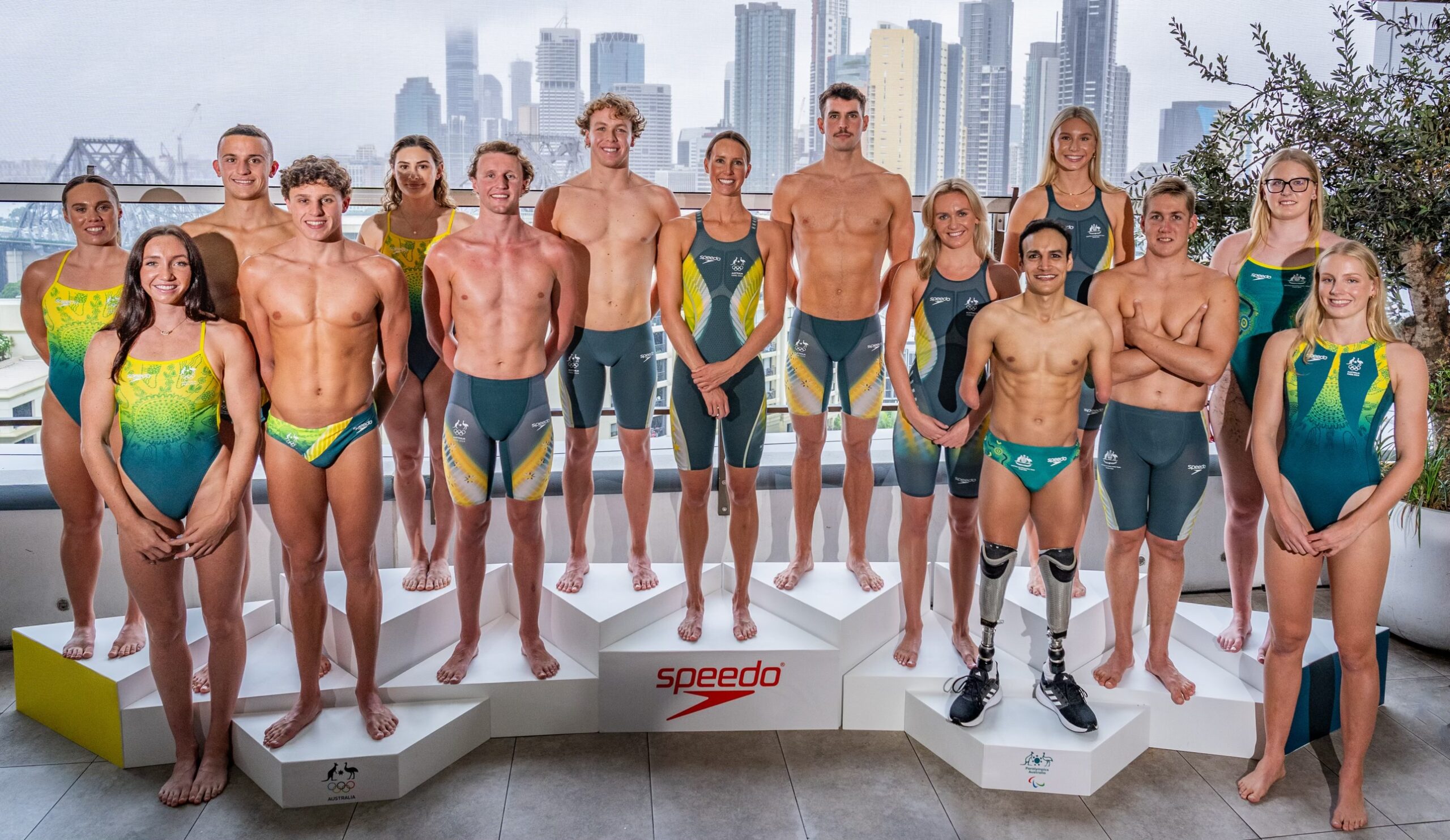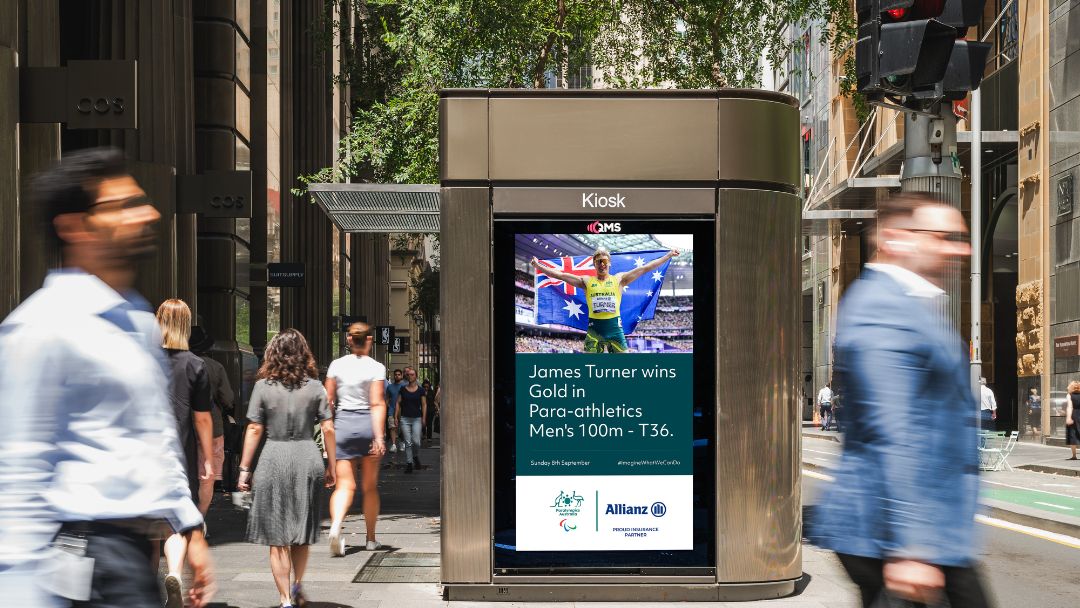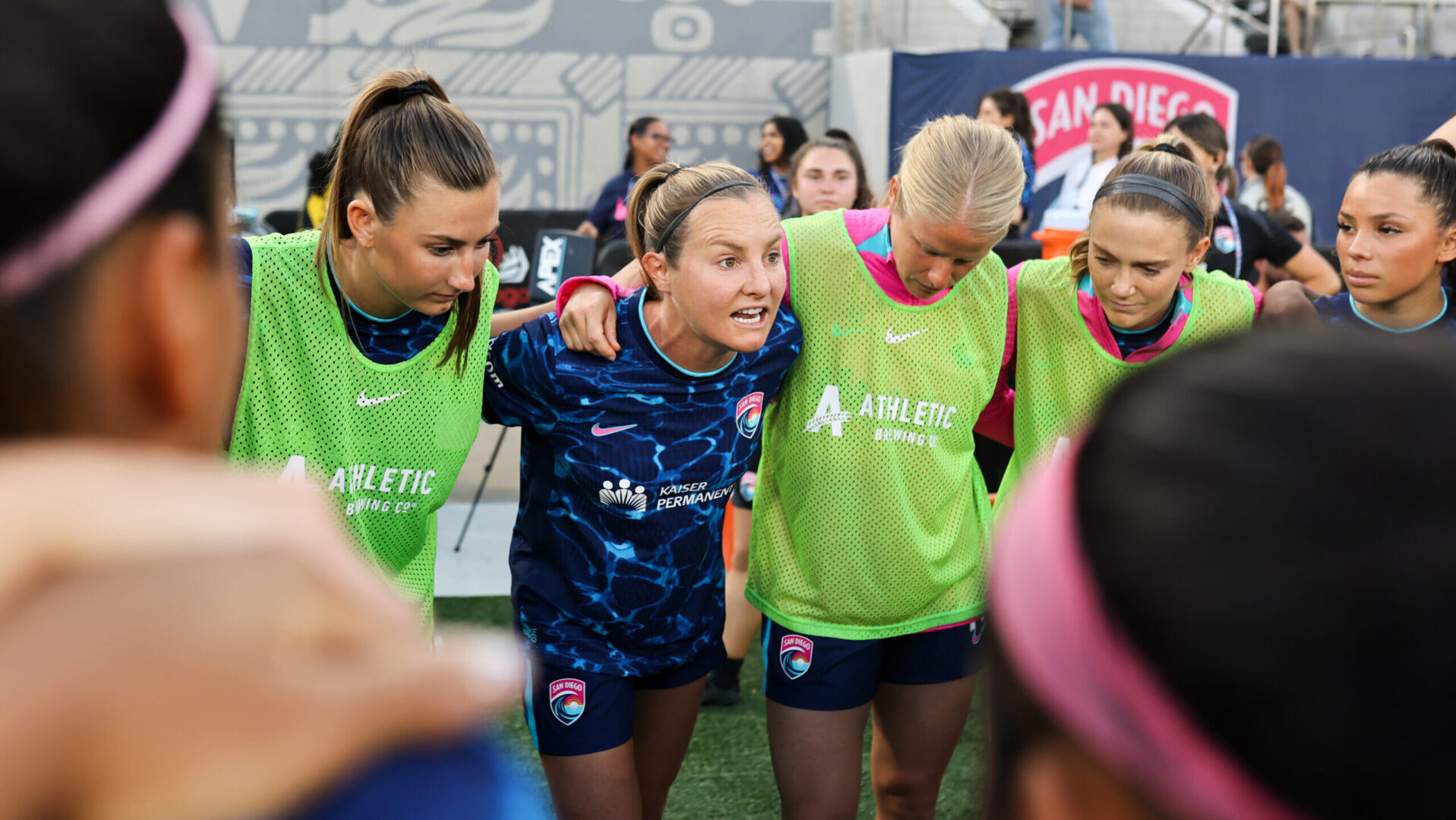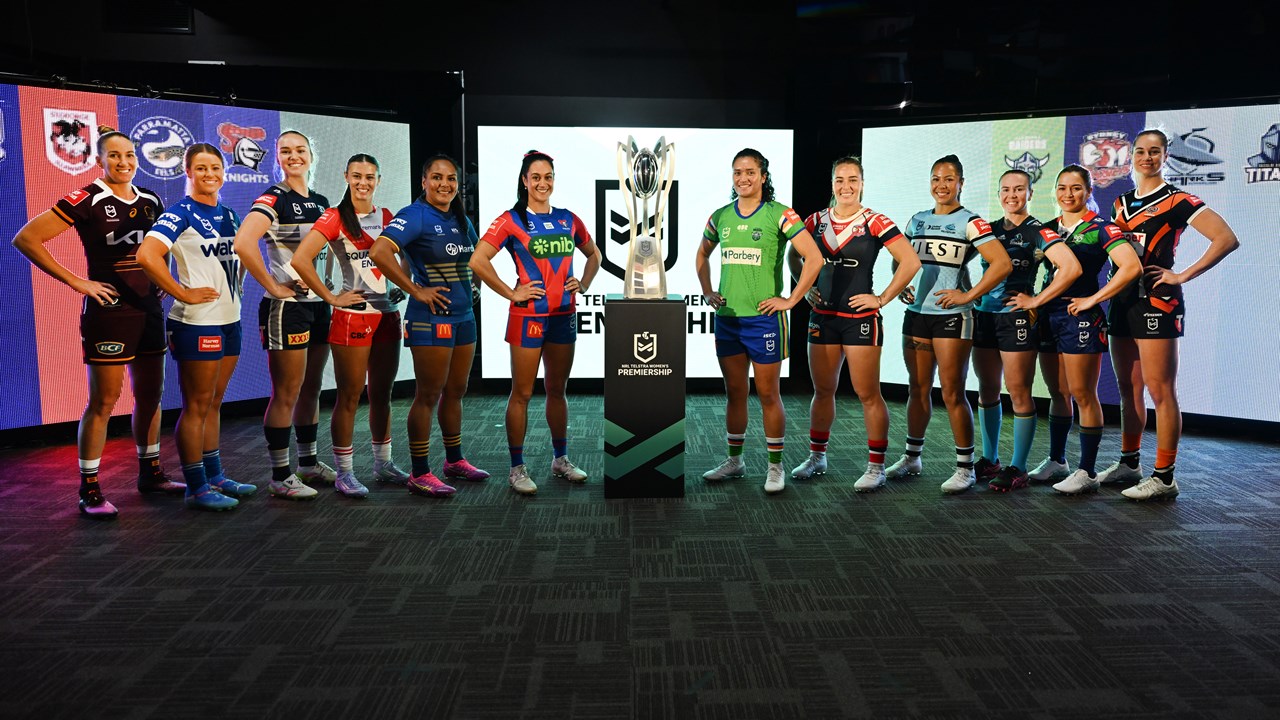Olympic Athlete Compensation Highlights Global Disparity

Olympic athletes are renowned as some of the world’s most elite and recognisable sports figures.
However, in the midst of Paris 2024, Olympic athletes all across the world face significant disparities in financial compensation across countries, revealing an unbalanced system of athlete support and reward.
In Australia, Olympic athletes do not receive salaries or retainers from the Australian Olympic Committee (AOC). Instead, they depend on the AOC’s ‘Medal Incentive Funding’ program, designed to encourage top athletes to continue representing Australia in future Olympic Games. This program offers financial rewards for medalists: AUD$20,000 for gold, AUD$15,000 for silver, and AUD$10,000 for bronze.
Starting in 2024, World Athletics will introduce prize money at the Olympic Games, with an AU$3.6 million prize pool allocated for track and field events. Additionally, some Australian athletes may receive funding from private donors, such as Gina Rinehart’s support for Swimming Australia. The Australian Institute of Sport (AIS) also provides grants of up to AUD$17,500, typically awarded to athletes with strong podium prospects. Other revenue streams for Olympians include prize money from various competitions and sponsorship deals, such as swimmer Ariarne Titmus’s ambassador role with Harvey Norman.
This system means that many young, talented Australian athletes are denied the opportunity to represent their country due to the escalating costs of living, training, and competition fees. The high expenses associated with international travel, equipment, coaching, food, and accommodation make it difficult for athletes, particularly those from remote, rural, and Indigenous communities, to pursue their dreams.
Almost half of Australia’s top athletes earn below the poverty line, prompting Nat Cook OAM OLY to establish the Aussie Athlete Fund to support aspiring elite athletes. Cook’s experience as a five-time Olympian, along with those of her peers, highlights the financial struggles faced by athletes selected to represent Australia. With athletes expected to win gold medals on less than the minimum wage, balancing elite training, competitions, recovery, work, and daily life often leads to burnout or quitting. The Aussie Athlete Fund aims to alleviate these burdens by providing funding, fundraising education, and mentoring support, easing the financial strain on athletes chosen to represent Australia.
Beyond Australia, different countries have distinct systems for rewarding and funding their athletes. For instance, Great Britain does not offer prize money to its medalists. Instead, it provides financial support through the ‘Athlete Performance Award,’ which pays athletes as if they were employed full-time, allowing them to focus solely on training.
Much like Australia, athletes from the United States will receive $37,500 for each gold medal, $22,500 for each silver, and $15,000 for a bronze. Although these amounts are substantial, it is wroth noting that the U.S ranks 18th globally in gold medal payouts, suggesting a conservative approach when it comes to Olympic rewards.
In stark contrast, Singapore offered the largest financial incentive at the Tokyo Olympics, with gold medal winners receiving SGD$1 million (AUD$1.12 million). Chinese Taipei and Hong Kong followed closely, with payouts of AUD$1.09 million and AUD$968,000, respectively. This disparity highlights how athlete compensation is influenced by national policies and priorities, creating an uneven playing field.
Under the AOC’s ‘Medal Incentive Funding’ program, Australian athletes receive a single payment based on their best result if they win multiple medals. For team sports, the payment varies depending on the team size and is funded directly by the AOC, not the government.
This uneven compensation landscape underscores the financial challenges many Olympians face, despite their global fame and exceptional talent. While some countries provide substantial rewards, others offer minimal financial support, emphasising the need for a more balanced and equitable system for compensating Olympic athletes worldwide.
As the Olympic movement evolves, addressing these disparities will be crucial in ensuring that all athletes receive fair recognition and support for their dedication and achievements on the world stage.
Similar Stories

The Paralympic Movement Is Sport’s Next Great Investment Story
The University of Queensland brought together key figures shaping the Brisbane 2032 Games:...

QMS Expands Olympic and Paralympic Partnership to Milano Cortina 2026
Digital outdoor media, QMS, has announced its partnership with the Australian Olympic Committee...

NFL Teams approve participation of NFL players in 2028 LA Olympics
The NFL has officially approved the participation of its players in flag football...
It's free to join the team!
Join the most engaged community in the Sports Business World.
Get all the latest news, insights, data, education and event updates.






